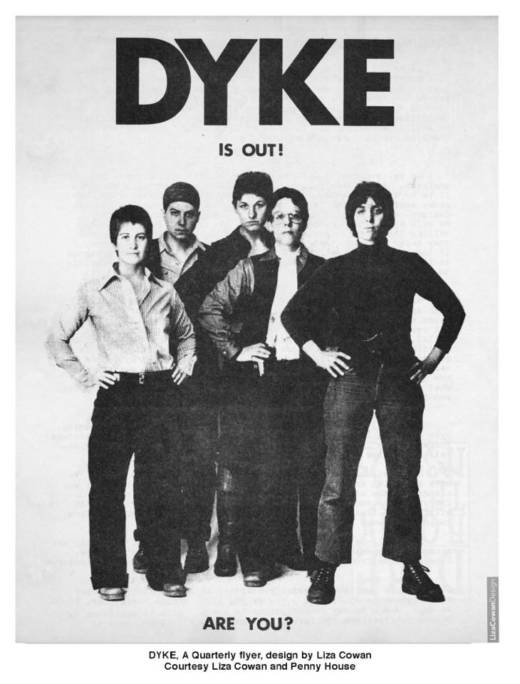"These absolutely were not hate speech. They were Pride speech," says Oliver. "But Facebook’s content reviewers couldn’t tell the difference."
San Francisco resident Bruce Beaudette also saw his account temporarily suspended. His post referred to the 1970s lesbian magazine called "DYKE, A Quarterly." He says that, over the weekend, the social media giant sent him a generic apology message.
"A member of our team accidentally removed something you posted on Facebook," it said. "This was a mistake and we sincerely apologize for this error."
Facebook put back the original post, but Beaudette isn’t entirely satisfied with what he calls "a robotic response."
"It’s got to be an algorithm that’s well intended, but it failed because they’re not accepting the fact that humans need to interact with other humans," says Beaudette.
Facebook maintains that it relies on a content review team that receives millions of reports a week. But the company acknowledged that sometimes content is removed in error.
Beaudette says he would like to see a call center established to resolve disputes like his.
Irina Raicu, at the Markkula Center for Applied Ethics at Santa Clara University, would also like to see Facebook engage the community in defining the rules.
"Whether it’s humans or software making the decisions, moderating content is hard," she says. "The real issue with Facebook is we don’t really know how those decisions are being made."
A recent Facebook blog acknowledges errors can be upsetting to users, and says the firm is working to fix its mistakes.
But Oliver and San Francisco Dykes on Bikes pledge to keep pressuring Facebook.
About 10 days ago, she sent Facebook a cease-and-desist letter on behalf of Dykes on Bikes. She said she is still waiting on a response.

